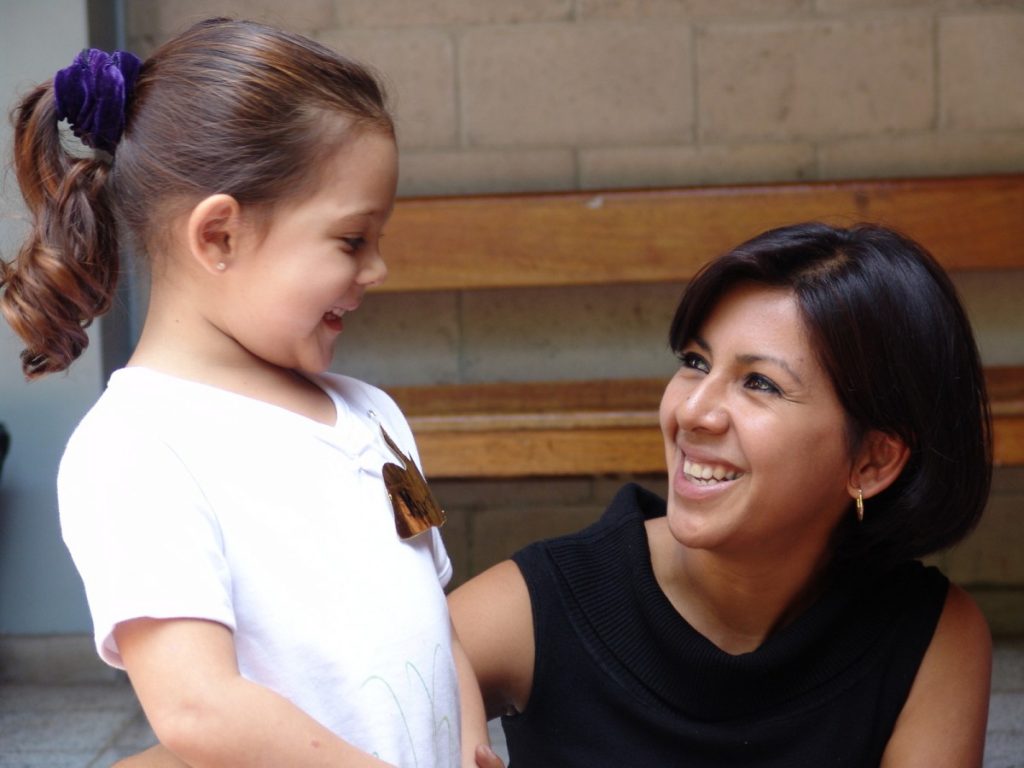How to support children’s communication
From the outset it is second nature to support a child’s communication; parents often do this without thinking. Talking and listening to their child repeating their coos as a baby, singing and reading to them.
Outside influences such as nursery see their vocabulary grow but can sometimes be the trigger point to highlight any delays and that there may be an underlying problem.
There are a wide variety of setbacks in communication from speech delay, nasal speech, non-verbal, stuttering, regression, delayed language development and unclear speech.
Speech therapy can be introduced with visits to your setting or to the child’s home or you could carefully suggest a visit to the doctor, a hearing test or health visitor to get outside assistance.
Many nurseries have fantastic links with outside agencies and these should be fully utilized and embraced.
There are many things you can do in the workplace such as music therapy to build confidence in reluctant talkers.
Outside or inside toy telephones help to develop speaking and listening skills. The children can hear themselves speak and laugh with a friend or adult.
Talking point buttons record the child’s voice for up to thirty seconds which they can then play back.
Singing and story time are also great times to engage the child with plenty of movements and chances for them to join in.
The simple rule ‘play talk read’ can be encouraged for the parent to continue at home.

